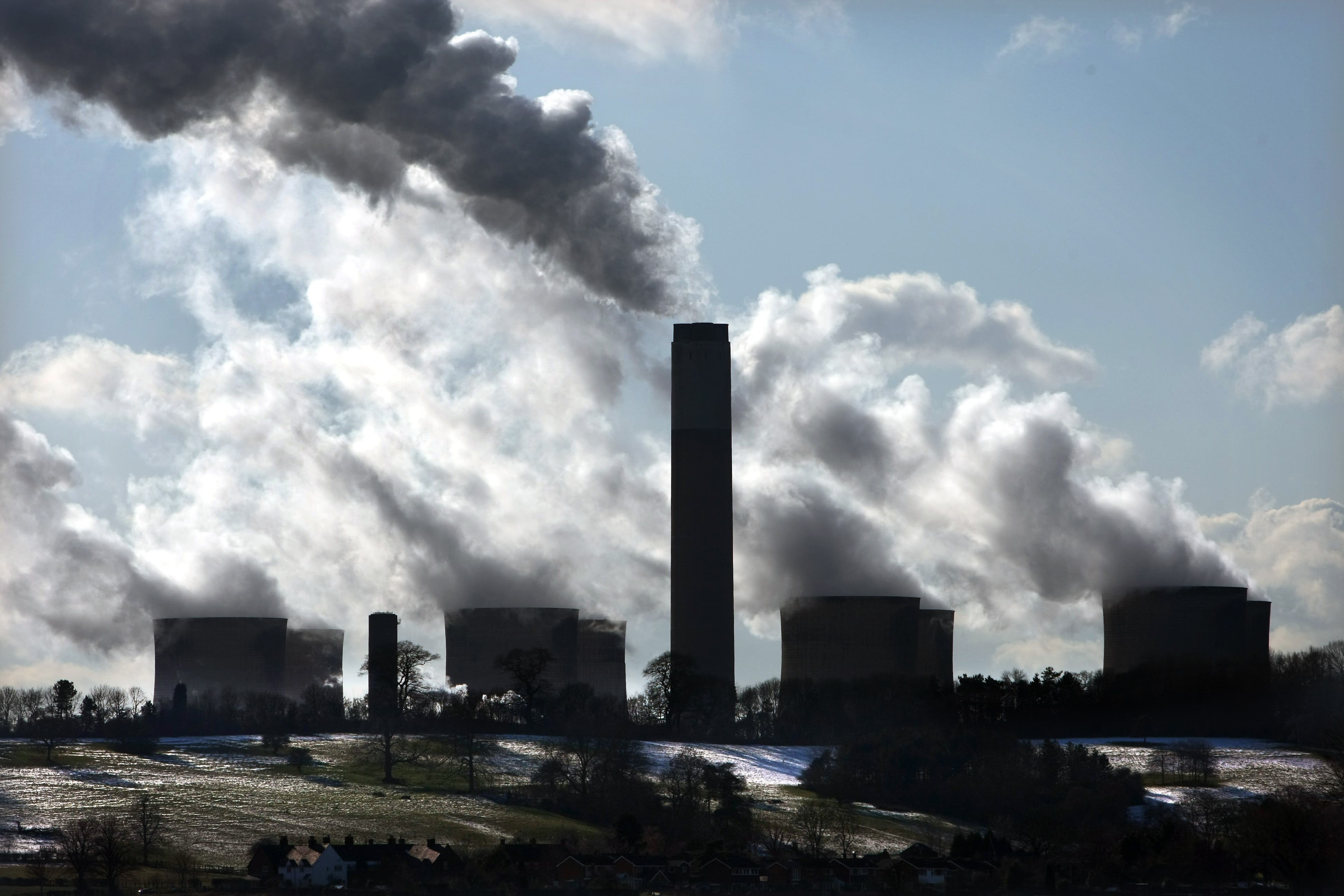Almost all safe and just Earth boundaries now breached, say scientists
Seven of the eight systems researchers identified as being integral to life have been pushed beyond their limit with tens of millions now suffering.

Your support helps us to tell the story
From reproductive rights to climate change to Big Tech, The Independent is on the ground when the story is developing. Whether it's investigating the financials of Elon Musk's pro-Trump PAC or producing our latest documentary, 'The A Word', which shines a light on the American women fighting for reproductive rights, we know how important it is to parse out the facts from the messaging.
At such a critical moment in US history, we need reporters on the ground. Your donation allows us to keep sending journalists to speak to both sides of the story.
The Independent is trusted by Americans across the entire political spectrum. And unlike many other quality news outlets, we choose not to lock Americans out of our reporting and analysis with paywalls. We believe quality journalism should be available to everyone, paid for by those who can afford it.
Your support makes all the difference.Humans have breached almost all of the boundaries that make the Earth a safe and just environment, researchers have said.
In quantifying the limits of the planet’s life-support systems, a team of more than 40 international scientists found humans have exceeded seven of the eight Earth System Boundaries (ESBs) they identified.
They said social and economic systems based on unsustainable resource extraction and consumption are causing rapid changes that undermine these systems while pushing the Earth towards irreversible destabilisation.
Publishing their work in the journal Nature, the scientists analysed climate, biodiversity, freshwater and different kinds of pollution to air, soil and water.
They defined safe and just limits as those which regulate the state of the planet, protect other species, reduce significant harm to humans and support inclusive human development.
Only in the category of aerosol pollutants has this limit not been breached, with climate having passed its just limit of 1C but not its safe limit of 1.5C above the pre-industrial global average temperature.
This means that unless a timely transformation occurs, it is most likely that irreversible tipping points and widespread impacts on human well-being will be unavoidable
The scientists, working under the Earth Commission, said “significant societal impacts” are already being felt, with tens of millions of people already affected by the changing climate.
Professor Johan Rockstrom of the Potsdam Institute for Climate Impact Research and lead author of the study said: “The results of our health check are quite concerning.
“Within the five analysed domains, several boundaries, on a global and local scale, are already transgressed.
“This means that unless a timely transformation occurs, it is most likely that irreversible tipping points and widespread impacts on human well-being will be unavoidable.
“Avoiding that scenario is crucial if we want to secure a safe and just future for current and future generations.”
UN member states since 2015 have agreed to limit global temperature rise to 1.5C and protect biodiversity in 30% of the world’s land, sea and freshwater areas.
The Earth Commission scientists said we are not on track to meet these targets and that “nothing less than a just global transformation across all ESBs is required to ensure human well-being”.
These transformations must also be systemic and address the economic, technological and political drivers of Earth’s degradation and “ensure access for the poor through reductions and reallocation of resource use”, they said.
Co-author Professor Joyeeta Gupta of the University of Amsterdam said: “Justice is a necessity for humanity to live within planetary limits.
“This is a conclusion seen across the scientific community in multiple heavyweight environmental assessments.
“It is not a political choice. Overwhelming evidence shows that a just and equitable approach is essential to planetary stability.
“We cannot have a biophysically safe planet without justice.”
The researchers said their work is intended for businesses, cities and governments to set science-based targets when addressing human exposure to climate change, biodiversity decline, water shortages, ecosystem damage from fertiliser overuse coupled with lack of access elsewhere and health damage from air pollution.
Prof Gupta said: “Potential future tipping points are not the only risks we consider, damage is already happening to millions of people at 1C of climate warming.
“Our climate Earth System Boundary exposes the injustice in current targets and underscores the urgency of immediately phasing out fossil fuels and accelerating work from all directions to meet Paris Agreement goals.
“By setting our climate Earth System Boundary at 1C we are not advocating that the world should adopt this ambitious target, but we are exposing the injustice inherent in current world targets.”